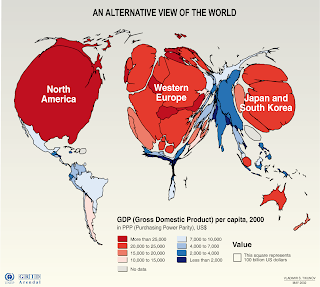
Dawson had a brainwave — she would use the abandoned stock to start a business. Now, two years later, she sells chutneys made from leftover fruit and vegetables at Borough Market in south London. Her business, Rubies in the Rubble, gives the produce a second chance, preserving it in jars with a shelf life of up to two years.
“There’s nothing wrong with the food, it just hasn’t been bought by anyone. Nobody is at fault, but it is such a waste to throw it all away,” said Dawson.
“When you see the waste with your own eyes, it touches a nerve.”
Food waste is typically disposed of in landfill sites. As it decomposes, it produces methane and carbon dioxide, which are released into the atmosphere, where they act as greenhouse gases.
According to the latest report by Wrap, the environmental body, of the 7.2m tonnes of food thrown away in Britain each year, more than half is good enough to be eaten.
Dawson, 26, spent two years working for the hedge fund Odey Asset Management before making her career change."
http://www.facebook.com/rubiesintherubble
http://www.facebook.com/rubiesintherubble




